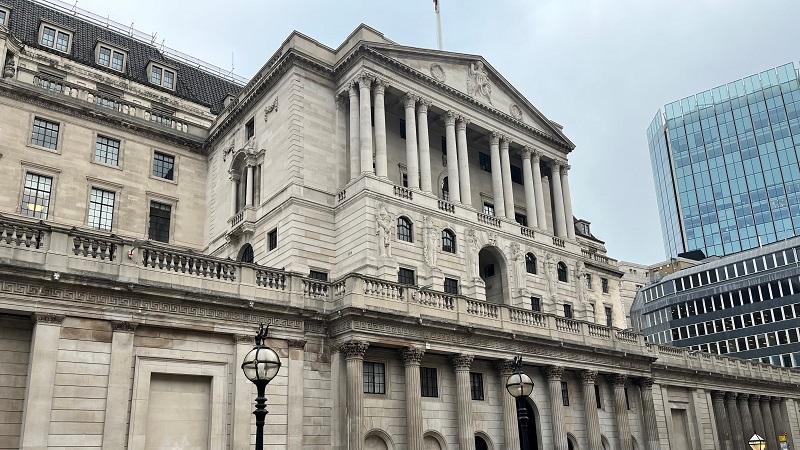Fears of the UK falling into a technical recession have been put on hold, with the Office for National Statistics (ONS) announcing the UK economy grew 0.2% in July.
Following the 0.6% decline in UK GDP in June, many commentators had forecast the UK might fall into recession—two quarters of consecutive negative growth—but, despite the growth, investors have been warned not to read too much into the latest findings.
“While useful for monitoring economic activity, it’s important to keep in mind that GDP data is a lagging indicator and a reflection on older patterns and behaviours,” said Derrick Dunne, CEO of You Asset Management.
“Particularly with experts reporting the June data to have been distorted by the two bank holidays, the bounce-back we see today should, therefore, be taken with a pinch of salt,” he added.
Marcus Brookes, chief investment officer at Quilter Investors, said the boost to the economy in July was helped by a month of positive growth for the services sector, in conjunction with the Women’s Euros and Commonwealth Games. However, he added, that given the data is from July, the outlook could be bleaker given that it comes before a potential slowdown in activity during the period of mourning in the UK.
“[The] positive figure is unlikely to do much to change the Bank of England’s thinking,” Brookes said. “The general consensus is that the Bank of England will continue on its path of increasing rates at its delayed monetary policy committee meeting next week, which will likely follow a further rise in inflation later this week, which will only serve to reaffirm this.”
Dunne added that the current environment of political changes, recessionary rumours and surging energy prices serve to highlight why investors cannot afford to come off “high alert”.
“With inflation set to remain high on Wednesday and yet more monetary policy action predicted next week, we will no doubt see more volatility in the months ahead,” he said.
“Ultimately, the next few months are still likely to be a very difficult environment for everyone – governments, corporates and households alike,” added Brookes. “Quality businesses continue to be those likely to do best during this challenging time, and for investors this may be an area they wish to explore to help them navigate this tricky period.”











